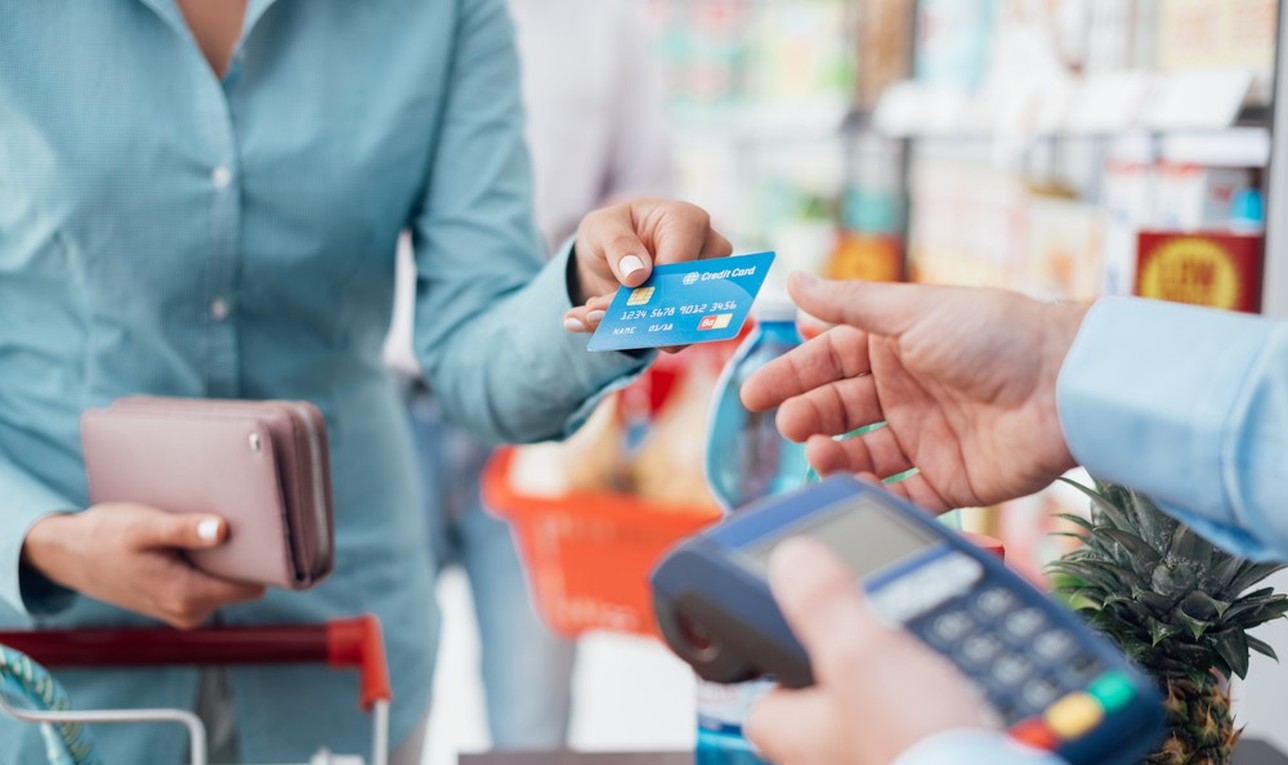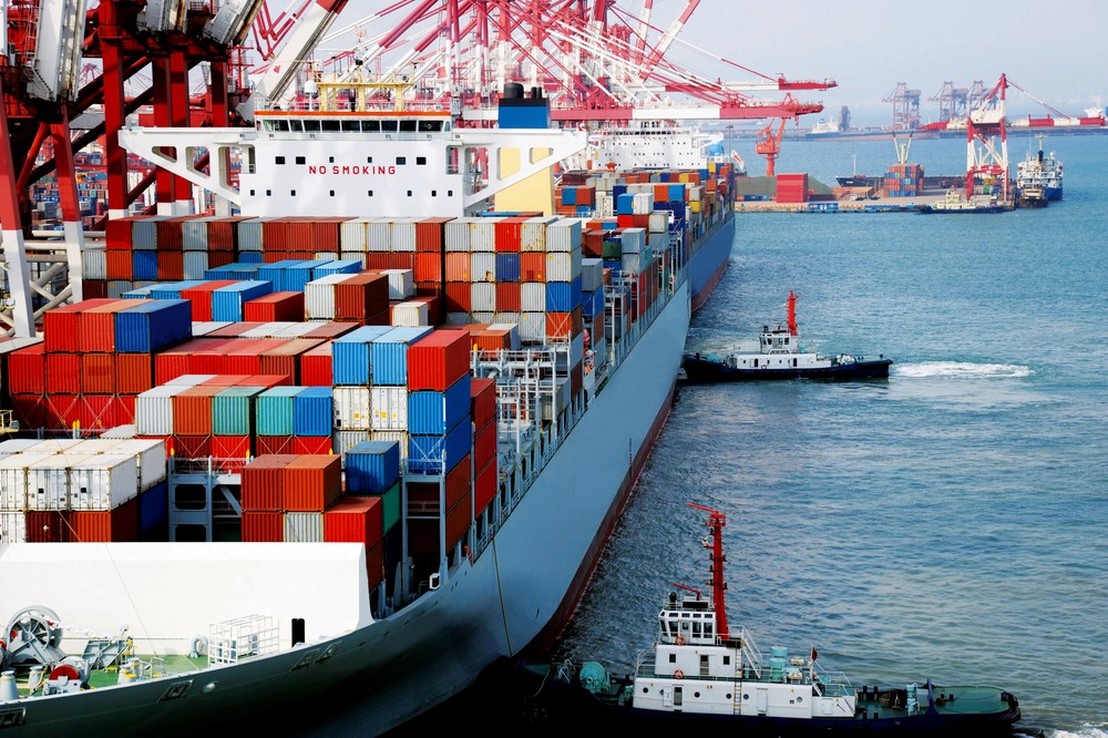6 Blockchain Applications for RetaiL
|
Most people know cryptocurrencies and blockchain from the rising and crashing prices. And since cryptocurrencies are designed for transactions, a large segment of the general public believes blockchain is only useful for spending money and paying or receiving payments. For cryptocurrencies that's true, but for blockchain, it is absolutely not. The technology has plenty of use cases outside cryptocurrency systems, and here we'll discuss some of the non-payment uses of blockchain for retailers.
For the payment methods However, before we start, accepting cryptocurrencies for small businesses is not a drawback. They're pretty easy to accept, and aside from the price swings against national currencies, like the US Dollar, they can be a great novelty payment method. Novelty is a good way to market, especially if it's easy to implement. For the non-payment methods Blockchain technology itself is about recording events. They can be monetary transactions, but there are also applications for plenty of other use cases in retail. tracking shipments, centralizing databases, stopping fraud and counterfeits, and increasing transparency. |
|
To reduce costs, retailers with long supply chains need to keep tight deadlines and purchase amounts. One of the problems facing supply chain managers is the disconnect between various parts of the supply chain. With blockchain, there can be a single network through which all supply chain participants communicate. Moreover, this network will be controlled by no single entity, creating a truly global supply chain communication tool.
Centralizing databases Simplifying communication between participants of the supply chain is one application. Internally, retailers can track their inventory in real time across the entire organization. The advantage over traditional internal databases? The blockchain is distributed, so it is much more resilient. The database is also less tamper-proof, because inventories have to match across time; for databases, disgruntled employees can easily deduct a few items from inventory without raising red flags. Reducing fraud and counterfeit Along the same lines as the centralized database, inter-company databases can track goods and ensure counterfeits don't enter the system. If someone tries to slip in a counterfeit, it won't match with previous records, and if blockchain does anything, it accurately records and enforces the veracity of historical records. Increasing Transparency This use case has variations in its application, but the main idea is to increase inward and outward transparency. Stakeholders can be sure that publications are true to the financial situation by requiring statements derive from blockchain-based financial records. Customers can ensure advertising claims, especially regarding ethics, are true by requiring smart contract-based proof. And employees and management can ensure career and corporate events are recorded accurately and unchanged after recording. |
Warranties
Keeping track of customer warranties can be done through the blockchain, allowing customers easy access to what services they are entitled to. Moreover, these warranties can store what has been done with that particular product, across a wide range of actors. For example, if a retailer authorizes third-party servicers, it can expose warranties to the public for tracking of fixes while protecting its internal databases, which should probably be inaccessible from the internet.
The uses of blockchain are far-reaching. Blockchain is not only about recording financial transactions; any event can be recorded and verified through blockchain. In retail, there are myriad uses for such a technology, and the list continues to grow as new innovations in both blockchain tech and retail emerge.
Keeping track of customer warranties can be done through the blockchain, allowing customers easy access to what services they are entitled to. Moreover, these warranties can store what has been done with that particular product, across a wide range of actors. For example, if a retailer authorizes third-party servicers, it can expose warranties to the public for tracking of fixes while protecting its internal databases, which should probably be inaccessible from the internet.
The uses of blockchain are far-reaching. Blockchain is not only about recording financial transactions; any event can be recorded and verified through blockchain. In retail, there are myriad uses for such a technology, and the list continues to grow as new innovations in both blockchain tech and retail emerge.





